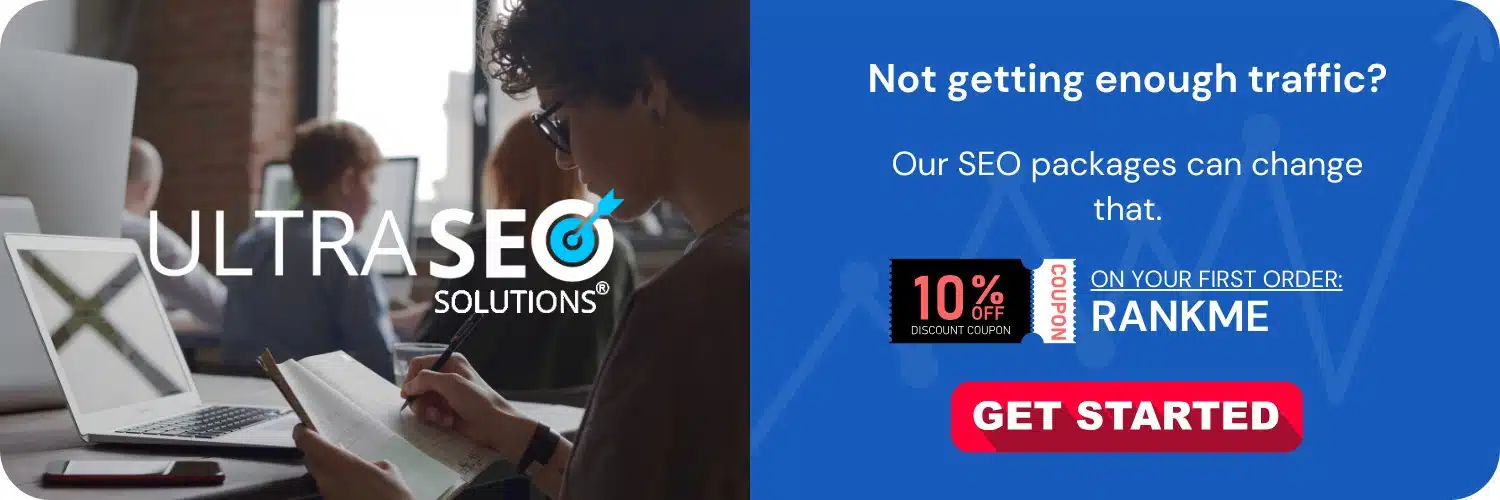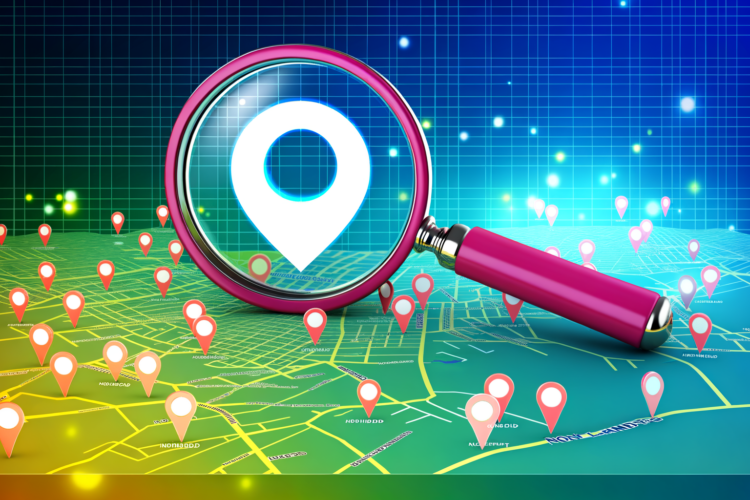
Creating a local SEO strategy for a business with multiple locations involves establishing a strong online presence for each individual location, tailoring your SEO tactics to the specific local markets, leveraging the power of local listings, and ensuring that both on-site and off-site SEO elements are in place and consistent across all business locations. This includes optimizing for local keywords, managing local business listings and review sites, and producing localized content that resonates with each target audience.
Understanding Local SEO for Multiple Locations
Before we craft a detailed strategy, it’s important to understand what local SEO is and why it matters for businesses with multiple locations. Local SEO optimizes your online presence to attract more business from relevant local searches. These searches take place on Google and other search engines, but the catch is that they are tailored to the geographic location of the searcher.
For businesses with multiple locations, the challenge multiplies as they need to be visible in the search results for various localities, each with its own competitive landscape, search behaviors, and unique audience characteristics.
Step 1: Website Structure for Multiple Locations
Separate Location Pages
Your website should have a dedicated, optimized page for each location. This helps search engines understand the geography your business serves and present the right page to the right searchers.
Consistent NAP Information
Maintain consistent Name, Address, and Phone Number (NAP) information across all location pages. This consistency is vital for ranking in local search results and should be matched across all other directories and listings.
Localized Content
Each page should feature content that’s tailored to the location, including local keywords, landmarks, events, and relevant local information that demonstrates your engagement with the local community.
Step 2: Local Keyword Optimization
Research Local Keywords
Find keywords that are specific to each location. Use tools like Google Keyword Planner, ensuring you set the tool to the corresponding geographic area for each location.
Optimize Meta Tags and Descriptions
Each location page’s meta tags and descriptions should include the local keywords. Remember that these elements should be enticing for users to click through from search results while accurately describing the page’s content.
Content Creation with Local Relevance
Create content that integrates local keywords naturally. Blog posts, location-specific service pages, and event pages are examples of how you can incorporate local relevance into your content.
Step 3: Google My Business and Local Listings
Claim and Optimize Google My Business Listings
Each location should have its own Google My Business listing. Ensure that the information is complete, accurate, and optimized for your business keywords.
Consistency Across Local Listings
Your business information should be consistent across all local directories and listings like Yelp, Bing Places, and Yahoo Local. Use a platform like Moz Local or Yext to help you manage these listings more efficiently.
Local Citations
A local citation is any online mention of the NAP for your business. More citations can improve your local business rankings, but they must be accurate and consistent.
Step 4: Encouraging Reviews and Ratings
Google Reviews
Encourage customers to review your business on Google. Positive reviews can improve the business’s visibility in search results and contribute to the establishment of trust.
Responding to Reviews
Engage with reviewers by responding to reviews. This demonstrates that you value customer feedback and are involved with your clientele, which can boost local SEO and customer satisfaction.
Step 5: Local Backlink Building
Links from Local Businesses and Organizations
Gain backlinks from local businesses, trade associations, chambers of commerce, or sponsorships. This not only boosts your SEO but also shows your investment in the local community.
Local Press Coverage and Events
Getting mentioned on local news sites, press releases, or participating in community events can result in valuable backlinks and increased local visibility.
Step 6: Use of Social Media
Geotargeted Social Media Content
Create and share content on your social media that’s specific to each location, and engage with the local community to increase visibility and build local relationships.
Promoting Local Events and Offers
Use your social media platforms to promote any location-specific events or special offers, driving both online and in-person traffic to your local stores.
Step 7: Monitoring and Refining Your Strategy
Use of Analytics Tools
Regularly monitor your analytics to understand where your traffic is coming from and how users are interacting with your location pages. This data will help refine your local SEO strategy.
Adapting to Changes
SEO is always evolving, and local SEO is no exception. Adjust your tactics based on changes in search algorithms, new local competitors, or shifts in user behavior.
Finishing Thoughts
Crafting a local SEO strategy for businesses with multiple locations requires attention to detail and a commitment to maintaining consistency across various elements. It’s a balance between implementing broad SEO best practices and tailoring your efforts to each specific locality. Remember that local SEO is not a one-time setup but an ongoing process of optimization, engagement, and adaptation. Successful multi-location SEO strategies are those that focus on providing value to local customers while synchronizing their efforts across the digital landscape.
Take the time to regularly update your location pages, manage your local listings, gather and respond to reviews, and earn local backlinks. Monitor the performance closely and be ready to pivot your strategy as your local markets evolve. With a strategic and dynamic approach, you can tap into the power of local searches and drive significant traffic—and customers—to each of your business locations.
Frequently Asked Questions
Why is Local SEO important for businesses with multiple locations?
Local SEO is crucial for multi-location businesses because it helps increase their online visibility for each specific location. This way, potential customers near any of the business’s locations can easily find and engage with the company when conducting local searches.
What are the first steps to create a Local SEO strategy for multiple locations?
The first steps include ensuring that your business has a separate, optimized page on your website for each location. Then, create or claim your Google My Business listing for each site, making sure all information is accurate, comprehensive, and consistent across listings.
How should I structure my website for multiple locations?
Your website should have a clear and intuitive structure, with a main ‘Locations’ page that links to individual location pages. Each location page should have unique and relevant content, such as the address, phone number, operating hours, and localized keywords.
What kind of information should be included on each location page?
Each location page should include the store’s address, phone number, operating hours, a map or directions, localized content, testimonials from local customers, and location-specific offers, if any.
How does Google My Business impact my Local SEO strategy?
Google My Business (GMB) plays a pivotal role in Local SEO as it provides a platform to present essential business information in Google Search and Maps. A well-managed GMB account helps improve search visibility and credibility for each of your locations.
Can social media influence my Local SEO efforts for multiple locations?
Yes, social media can impact your Local SEO by driving local engagement and brand awareness. You can use geo-targeted posts and ads to reach specific location-based audiences and share location-specific content and promotions.
What are citations and why are they important for Local SEO?
Citations are mentions of your business’s name, address, and phone number (NAP) on other websites. Accurate citations help search engines verify the existence and legitimacy of your business, which can improve your search rankings for each location.
How important are customer reviews for Local SEO, and how can I get more?
Customer reviews greatly influence local search rankings, credibility, and click-through rates. Encourage happy customers to leave positive reviews by asking them directly, sending post-service emails, or creating review nudges through your website or social media.
Should my Local SEO strategy involve local content creation?
Yes, creating local content that is relevant to each location can boost your Local SEO. This content can include local keywords, news, events, and market-specific information that provides value to the local audience.
Is it necessary to have a separate Google My Business listing for each location?
Yes, it’s fundamental to have a separate Google My Business listing for each location to ensure all the specific local information is accurately represented in Google Search and Maps for each place.
How do I track the performance of my Local SEO strategy?
Tracking can be done using tools like Google Analytics to monitor website traffic, Google My Business Insights for interactions on your listings, and third-party software for rankings and reviews. Regular monitoring will help you adjust your strategy for optimal results.
How often should I update my Local SEO strategy?
Your Local SEO strategy should be reviewed and updated regularly to account for changes in search engine algorithms, local market trends, and your business offerings. Keeping information up-to-date and adding fresh content are key to maintaining a strong online presence.






